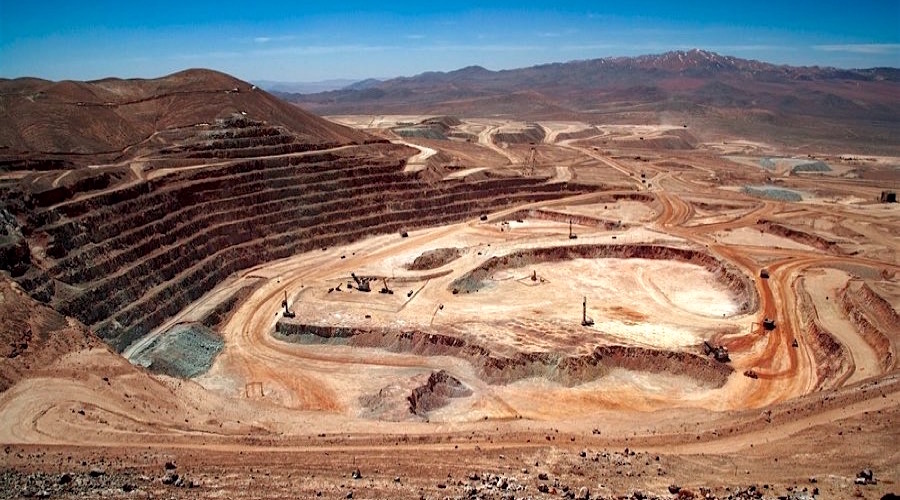Chile’s Escondida copper mine union hopes for deal but girds for strike

The union representing workers at Chile’s Escondida copper mine, the world’s largest, said on Wednesday it was preparing for a lengthy strike if owner BHP did not drop a historically “awful” attitude towards its labor force to reach a “fair and equitable” deal in looming contract talks.
In its first written comments ahead of the talks due to start in June, the union said it was preparing a contract proposal to put to members. It said it was also building a contingency fund through extra levies paid by members to provide them with financial support in the event of a strike.
A potential strike would not begin until at least August, which is when the current Escondida workers’ contract expires.
Escondida produced 1.19 million tonnes of copper in 2020
The union said it would enter discussions with an open mind and disposition to dialog but warned if BHP did not do the same, it had the solid base, funds and experience to lead its members into a strike equivalent to or longer than the historic 44-day stoppage in 2017 that jolted global copper markets and slowed economic growth in the South American country.
“We insist and reiterate our total willingness to engage, we firmly believe that this is the way to face these processes, all within a framework of respect that results in a fair and equitable collective agreement,” it said.
BHP said in a statement sent to Reuters that it too was eager to engage in dialog and reach agreements that were “beneficial for both parties.”
“We believe that in the times we live in, demonstrating the ability to reach constructive agreements is even more relevant,” the company said, giving a nod to a complex backdrop of high copper prices, hardship wrought by the covid-19 pandemic, and an agreement to draft a new constitution in Chile after social protests over inequality and elitism roiled the country.
Escondida produced 1.19 million tonnes of copper in 2020, and the market will watch the contract talks which will be likely to put further upwards pressure on global prices of the red metal, which have touched successive record highs since the start of the year.
The union said its members must see the benefits of the current climate.
“The growing global need for copper, as a key component in the development of clean technology, is a reality and that greater demand will be met by the workers of our country, at a time when the red metal is being traded at historical prices,” the union said.
(By Fabian Cambero and Aislinn Laing; Editing by David Gregorio)
{{ commodity.name }}
{{ post.title }}
{{ post.date }}




Comments